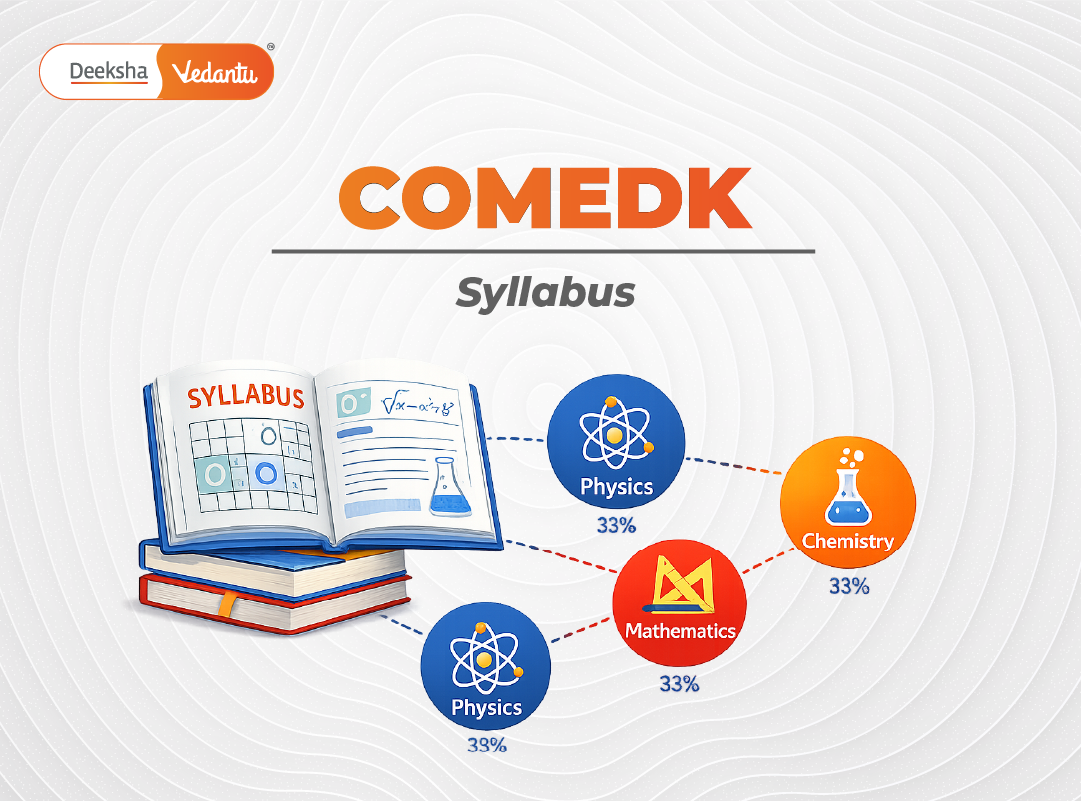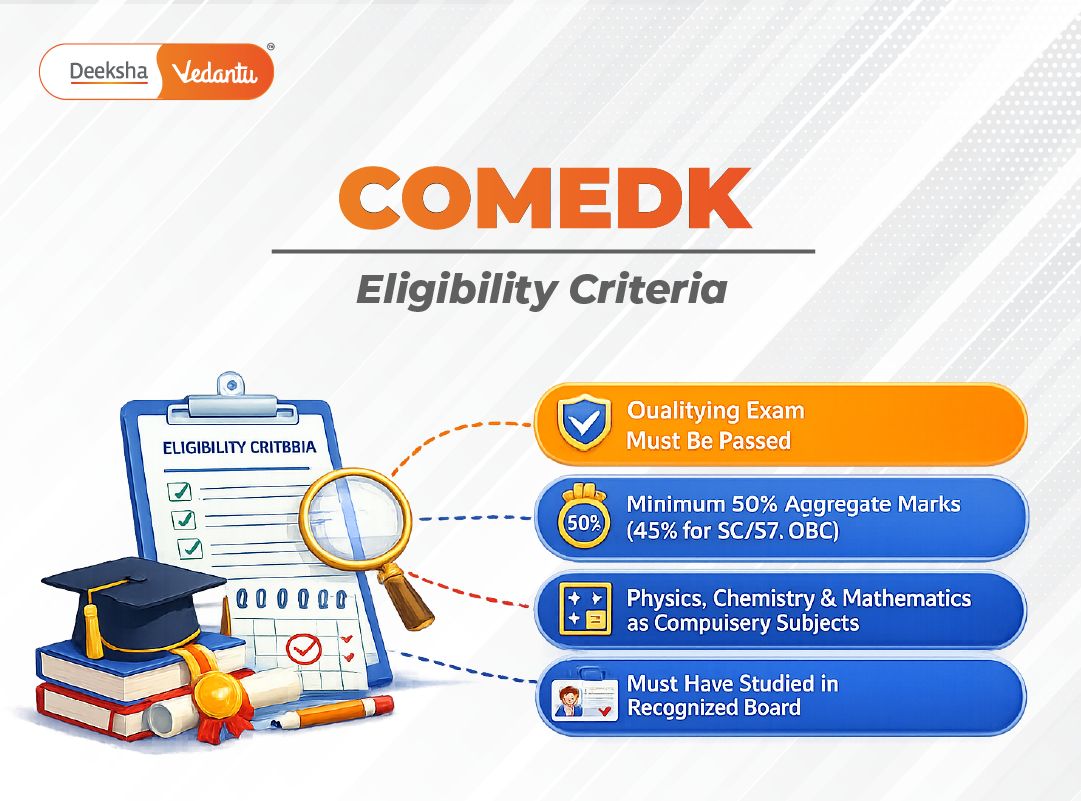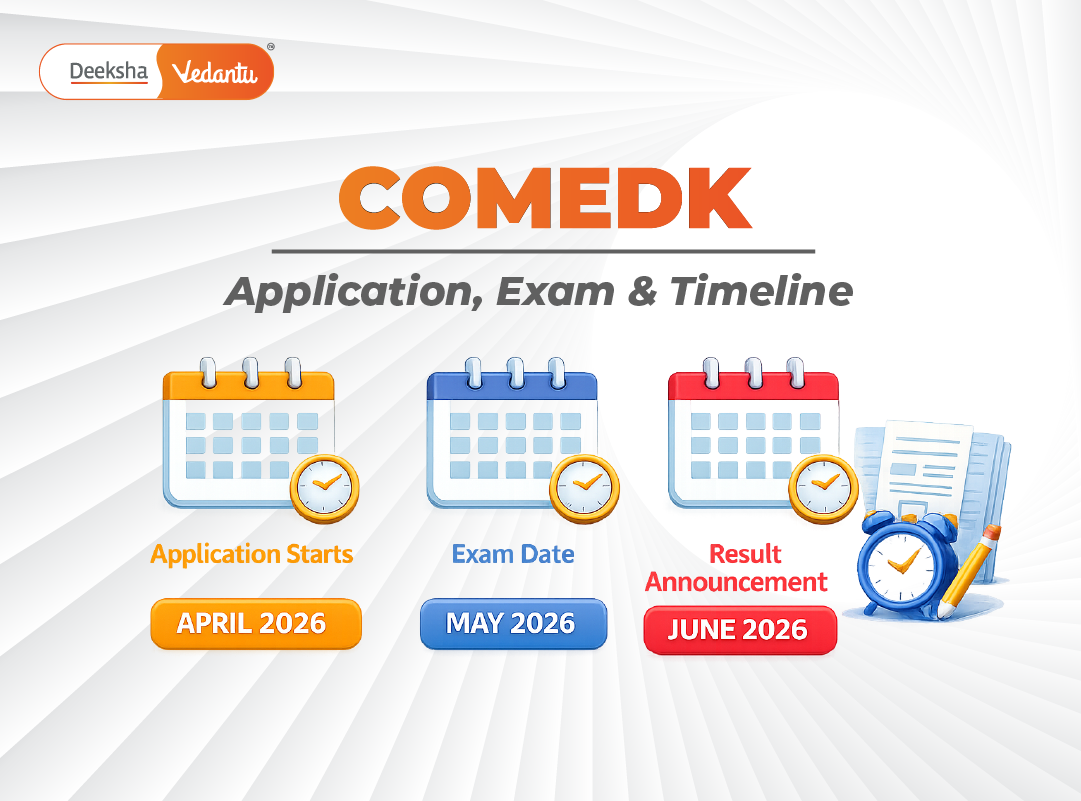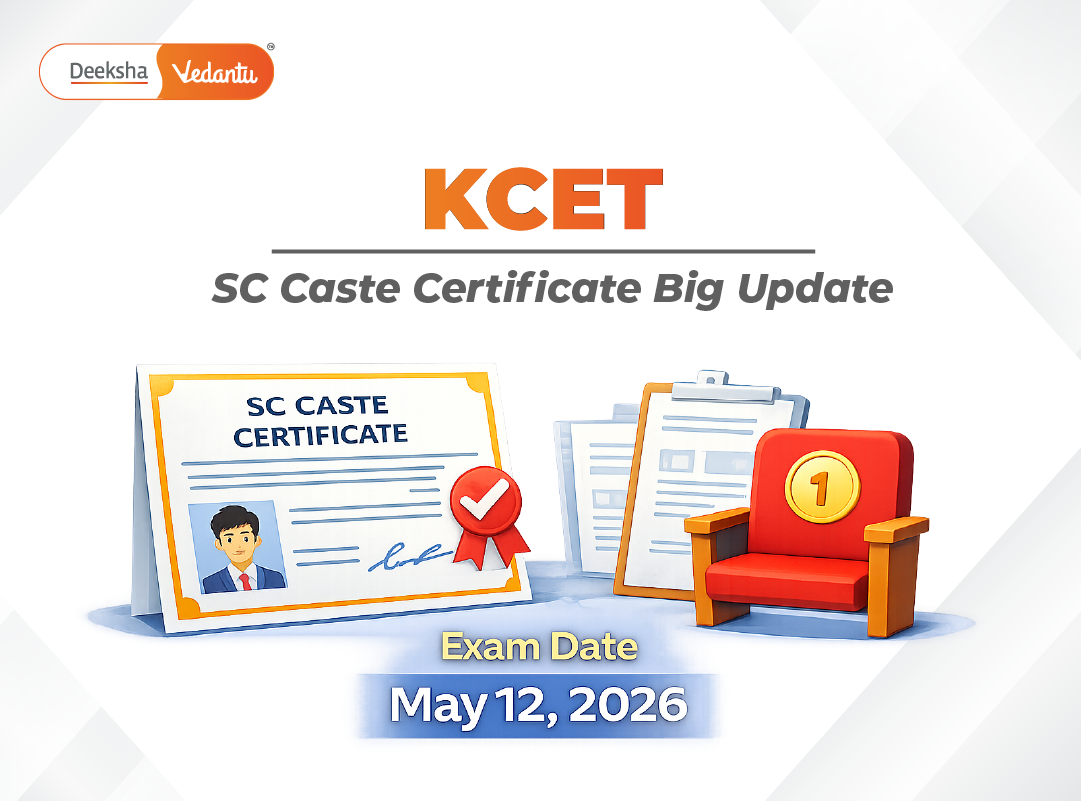Introduction
Academic performance involves a disciplined study schedule in addition to a strong work ethic. One of the most often asked topics for students wanting to top the CBSE Class 10 is how many hours they should study each day. While there is no one-size-fits-all answer to this question, several factors influence the amount of time a student should devote to their studies.
It is clear that many students are anxious about board examinations, but tension may be reduced by properly studying for exams. The presentation of the paper is crucial, and students must approach the exam in a way that benefits the examiner and makes it clear and straightforward to read.
The individual learning style of the student plays a crucial role in determining their study routine. While some students could take longer to learn things, others might do it more rapidly. The degree to which a student is proficient in a certain topic may also have an impact on their study plan. The complete CBSE Class 10th syllabus must be thoroughly covered by all students getting ready for the board exams.
Utilizing Summer Vacations Effectively
How to Start Studying for CBSE Class 10th?
- You need a study space
In order to begin studying for the CBSE Class 10th, you must have a designated study space. A quiet and peaceful study space will help you concentrate better and avoid any distractions. In your room or another peaceful area of your home, you can put up a study table. Make sure the area is well-lit and that you have a cozy chair to sit on.
- Organize your school material
You can remain on schedule and be prepared for each class by organizing your school materials, such as your textbooks, notes, and stationery. So that you don’t have to waste time looking for your study materials, keep everything together. To arrange your notes and assignments, utilize files, folders, or binders. Make sure you have all the writing instruments you’ll need, including pens, pencils, highlighters, and erasers.
- Understand the concepts
Go through the CBSE Class 10 curriculum and make a list of the chapters and subjects you need to study. Understanding any subject’s foundational concept is essential. Examine the books and make notes while doing so. Before going on to the next concept, be sure you fully comprehend the previous one.
- Use your time wisely
Organizing your time effectively is essential when preparing for the CBSE Class 10 exam. Create a study schedule and allot time to each subject, making sure you don’t miss any topics. Be on schedule, and don’t procrastinate. Use whatever free time you have during the day to review your notes or do practice papers, such as during travels or breaks between classes.
- Take breaks
Studying for long hours without taking breaks can be counterproductive. Take short breaks for 15-20 minutes to relax and refresh your mind. You can go for a walk, listen to music, or do any activity that you enjoy.
- Be attentive in class:
In order to better comprehend the topics and prevent any misunderstanding or uncertainties, paying attention in class is essential. Occupy a seat in the first row and contribute actively to class discussions. Pay close attention to your teacher while you take notes. If you don’t understand a subject or an idea, ask questions and queries from your teacher. This will help you learn better and avoid any last-minute confusion.
- Practice consistently
The secret to success in CBSE Class 10th is consistent practice. Practice regularly, solve previous year’s papers, and attempt mock tests to gauge your preparation level. This will enable you to pinpoint your areas of weakness and raise your performance.
- Go through the syllabus of all subjects
To choose the topics that demand extra attention, it is crucial to review the course outlines for all subjects. Make sure you are familiar with the importance of each subject and the kinds of questions that may be asked in the exams. This will help you focus on the important topics and prepare well for the exams.
- Stay Motivated
Maintaining your motivation throughout the school year might be difficult. Reward yourself for reaching your milestones and goals. Also, take care of your mental and physical health by exercising regularly, eating healthy food, and getting enough sleep.
- Study a little bit every day
It can be beneficial to study a little bit every day to improve memory retention and prevent last-minute cramming. Make it a routine to spend 30 to 60 minutes every day going through your notes or answering practice questions. This will relieve some of the pressure associated with studying a lot of material quickly. You may get your ideal score by starting early, studying a little bit each day, and completing the course material on time.
Some Helpful Tips and Tricks for CBSE Class 10 Exam
- Start preparing early
- Understand the exam pattern
- Make a study schedule and stick to it
- Practice previous year’s question papers
- Stay away from negative people
- Eat and sleep on time
- Revise regularly
- Take breaks and rest
- Take your NCERT coursebooks seriously
- Focus on understanding concepts rather than just memorizing
- Seek help from teachers or mentors whenever needed
- Stay calm and confident during the exam.
- Believe in yourself and be confident in your abilities.
How Many Hours Should You Study Subject-wise to Become CBSE Class 10 Topper?
Consistent and focused effort toward understanding and mastering the concepts of each subject is essential. Here are some guidelines on the recommended number of hours to spend on each subject.
Mathematics: Regular practice and a thorough comprehension of the concepts are necessary for mathematics. It is advised to practice and solve problems for at least 2-3 hours each day. To create a solid foundation, it is also essential to frequently revise the formulae and theorems. If you practice mathematics diligently and patiently, it will help you score full marks on the exam. It takes commitment and regular effort to excel in mathematics. You can set aside two hours each day to practice answering mathematical problems. Don’t forget to practice the questions from prior years’ exams.
Science: Science is a vast subject that covers various topics, including Physics, Chemistry, and Biology. To fully comprehend each subject, it is advised to set aside two to three hours every day. You must first go through all three of the NCERT Books for Class 10 Science, line by line. All the tables, charts, and diagrams provided in the NCERT book must be learned. You also need to work on your answer-writing abilities in science. The ideal approach is to format your response as a list of points and emphasize any crucial terms. This assists in getting higher grades on the final exams.
English: English language skills play a crucial role in scoring high in CBSE Class 10. It is recommended to spend at least 1-2 hours daily reading books, newspapers, and articles to improve vocabulary and reading comprehension skills. It is also essential to practice writing skills by writing essays, letters, and summaries. For the grammar section, you will need more materials and practice. For the writing section, you should go over prior years’ question papers. You may easily top the final exam if you practice a lot and devote one hour of each day to this topic.
Social Studies: Most students fear social studies and cram for it, but the problem is that they quickly forget what they learned. So, your approach to social studies should be to focus on one topic at a time, break it up into portions, and study one part every day. Social Science is a subject that involves memorization and understanding of historical and geographical events. It is recommended to spend 1-2 hours daily reading and revising the topics. It is also important to make notes and mind maps to memorize important events and dates.
Optional language subject: The amount of time spent on an optional language subject depends on the student’s level of competence and enthusiasm for the language. It is advised to read and write in the language for at least a couple of hours per day. It’s also crucial to brush up on your grammar and vocabulary by learning new terms and phrase constructions. You should not ignore this subject and dedicate one hour of your day to cover its syllabus.
Factors on Which How Many Hours You Should Study Depend On
- Individual learning style: Some people learn and remember knowledge more quickly than others. Hence, depending on a person’s unique learning style, the amount of study time may change.
- The difficulty level of the subject: Certain topics are more challenging than others, and mastering the principles in them takes more time and effort.
- Prior understanding and preparation: In comparison to studying a topic they are unfamiliar with, someone who has prior knowledge of it or has studied for it may need to spend less time studying.
- Individual drive and concentration: The amount of time needed for the study also depends significantly on how motivated and focused a student is toward a subject.
- Workload and timetable at school: The number of hours a person needs to study is also influenced by the quantity of homework and classwork assigned by the school and the class schedule.
- Timing of exam preparation: The time remaining before an exam also affects the number of hours an individual should study. If an exam is nearing, more study hours may be required to cover the topics adequately.
Generally, the number of study hours required varies from person to person, depending on several factors. To accomplish the required aims, it is crucial to prioritize and schedule the study hours appropriately.
Conclusion
The amount of time required to become a topper might vary according to individual learning methods, topic complexity, and degree of knowledge. Nonetheless, a general rule of thumb is to study for at least 6-8 hours a day, every day, with breaks to rest and recharge in between. Being a CBSE Class 10 topper is a difficult task that demands devotion, hard work, and perseverance. Apart from consistent study hours, students aspiring to become toppers should focus on understanding concepts thoroughly, practicing regularly, and revising what they have learned. Everyone can achieve their academic goals and flourish in their studies with the right mindset and strategies.
Important Links for students in CBSE board














Get Social